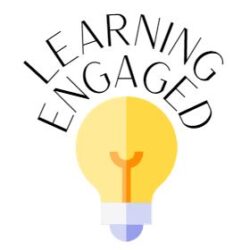
Bit #34 – Critical Reading
Writing well is grounded in reading well. Good writers are avid readers. Reading, though, is more than just scanning the words; we must read critically to gain knowledge, support our research, fill gaps, and increase our academic competencies.
How do we read critically? The steps below might help.
- Choose the right environment to read (free of distractions)
- Preview the text
- What is the topic?
- What do you already know?
- What can you learn from the information (text, tables, glossary, etc.)?
- Read to understand
- Highlight or annotate what is important
- Thesis, terms, definitions, facts, etc.
- Take notes on main and supporting points, noting evidence and examples (Do the points support the thesis?)
- Write questions as you read
- Look up words you don’t know
- Look for connections between the text and your thoughts, experiences, ideas, and other texts
- Reflect on challenges to your beliefs and values
- Reflect on how your bias impacts your reading
- Highlight or annotate what is important
- Review and Summarize what you read in your own words
- Discuss what you have read (with yourself and others)
Use these steps this week when you are reading this week.

